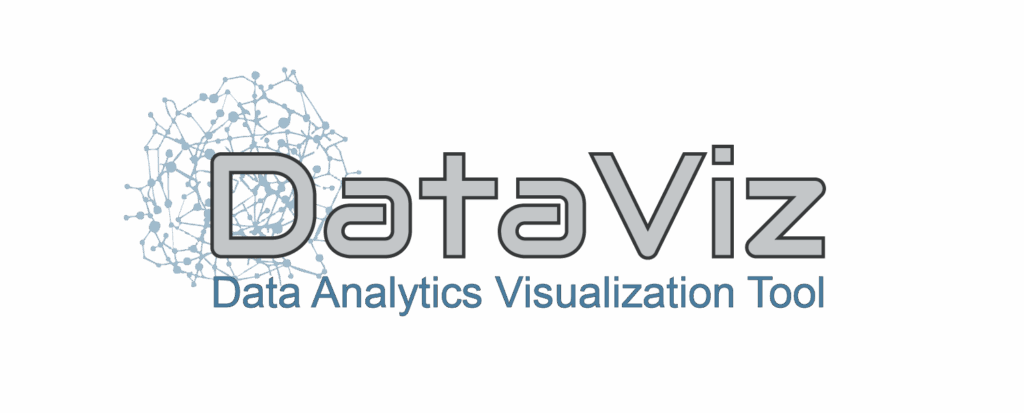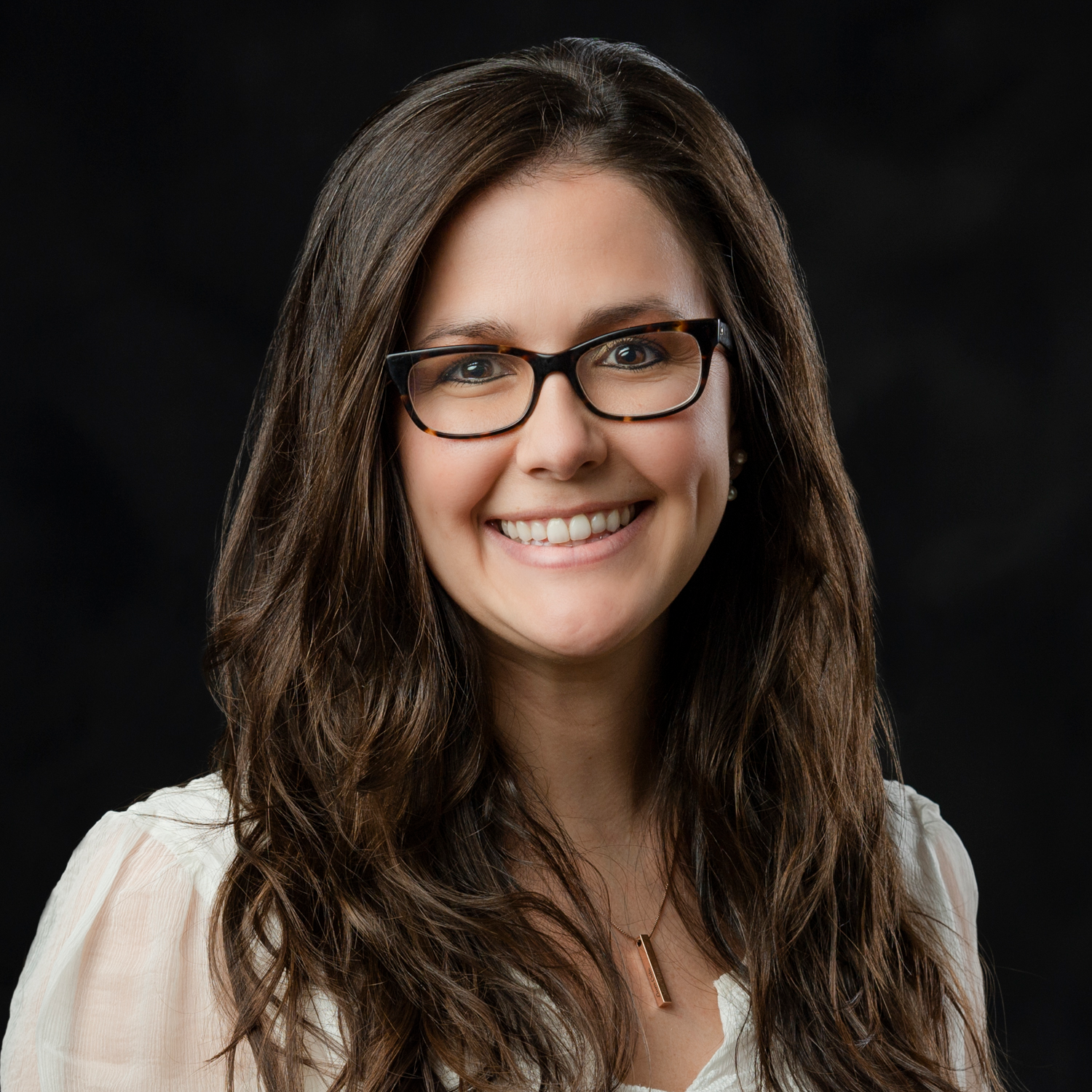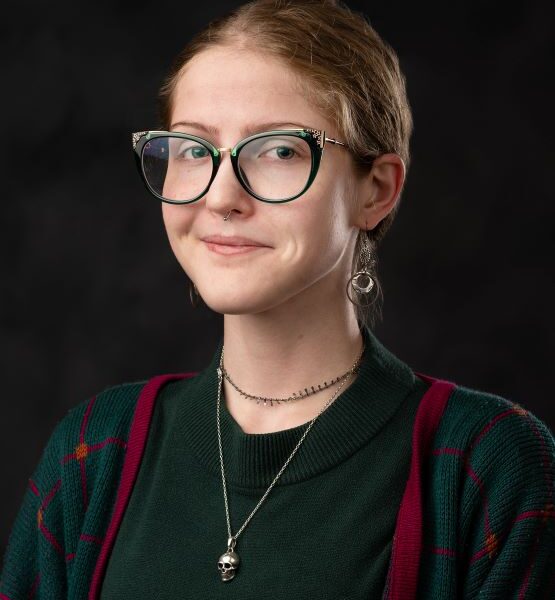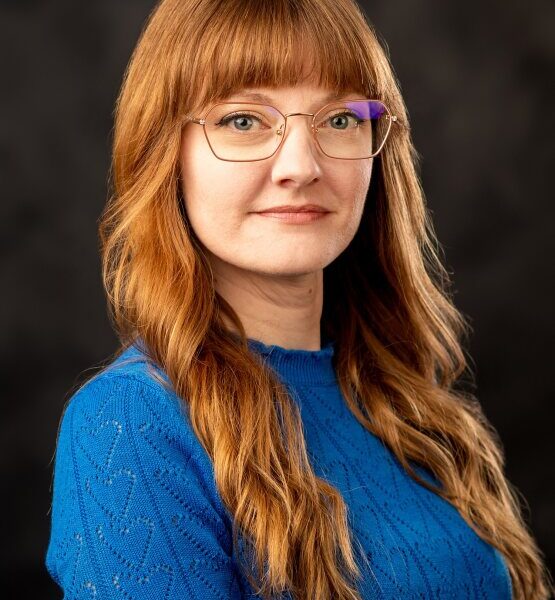
Research Team
Primary Investigators

Megan Stubbs-Richardson, Ph.D.
Primary Investigator
Read More

Sujan Anreddy, Ph.D.
Co-Primary Investigator
Read More

Terri Hernandez, Ph.D.
Co-Primary Investigator
Read More

Megan Stubbs-Richardson, Ph.D.
Primary Investigator
Dr. Megan Stubbs-Richardson is an Associate Research Professor at the Social Science Research Center (SSRC) of Mississippi State University. She directs the Data Science for Social Sciences Laboratory at the SSRC. She is leading one of the laboratory's missions to develop open-source social media-based infrastructure projects, aiming to broaden participation in social media research. Dr. Stubbs-Richardson has been a PI or Co-PI on projects funded by the National Science Foundation (NSF), the National Institute of Justice (NIJ), the Bureau of Justice Assistance (BJA), and the Department of Defense (DoD). She has been conducting social media data analyses at the SSRC since 2012. In her research, she utilizes digital data to identify crime patterns and trends, while also examining the role of digital data in crime prevention and control. She served as the principal investigator (PI) for the COPE-ID project, which initially provided nearly 15 million posts about how people coped during the pandemic on ten social media platforms. The database is now paired with the data visualization and analytics tool (DataViz), enabling users to easily draw down data samples and blend social and computational scientific research methods to examine the data.
Contribution to Project: PI, Dr. Stubbs-Richardson (Sociology Social Scientist), directs the Data Science for Social Sciences (DS3) laboratory and has worked with social media data since 2012. Dr. Stubbs-Richardson often collaborates with SBE scientists and computer scientists to integrate data science and social science methods across large volumes of social media data, examining various social problems. For this initiative, she has provided oversight of the two awards (NSF #2031246 and #2318438) while also leading the development of user guides for the COPE-ID database and data visualization tool (DataViz), as well as associated methods, including topic modeling user guides. She also led the effort to broaden research participation in social media data by sharing presentations with potential users and then evaluating the effectiveness of the COPE-ID data visualization tool.

Sujan Anreddy, Ph.D.
Co-Primary Investigator
Dr. Sujan Anreddy joined the SSRC in January 2018 as a computer specialist and, after completing his Ph.D., was named an Assistant Research Professor. He currently works on the Health Resources and Services Administration (HRSA) funded project, “Child Health and Development Project” where he is designing and managing an integrated database that links educational records from the MS Department of Education (MDE) with health records from the Division of Medicaid and the Mississippi State Department of Health. As part of managing this integrated database, he addresses technical issues related to system maintenance and data quality, including integration, consistency, and integrity, and provides support to data analysts. Additionally, given his expertise in data visualization, he provides the SSRC with the capacity to develop data dashboards and interactive visualizations. Dr. Anreddy holds a doctorate in Computer Science from Mississippi State University, with a specialization in data visualization. His expertise and research interests include applying and evaluating machine learning algorithms, as well as building visual patterns using interactive visualization techniques to help analysts explore, identify, and comprehend big data features at multiple levels.
Contribution to Project: Co-PI, Dr. Sujan Anreddy (Visual Analytics Computer Scientist), has years of experience developing visual analytical products for public health and safety needs. His expertise in visual analytics and prior experience mentoring computer science graduate and undergraduate students working with social media data were informative for the objectives outlined in this project.

Terri Hernandez, Ph.D.
Co-Primary Investigator
 https://orcid.org/0000-0003-1939-7266
https://orcid.org/0000-0003-1939-7266Dr. Terri N. Hernandez is an Associate Professor of Public Relations in the Department of Communication, Media & Theatre at Mississippi State University, where she also serves as the Public Relations Concentration Coordinator. Her research explores the intersections of social and digital media, intergroup and intragroup relations, and consumer behavior, with a focus on organization–public relationships, branding, and strategic communication. She has years of experience working with social media datasets, applying quantitative and qualitative methodologies to explore the data. Further, her scholarship spans both theoretical and applied domains, integrating insights from social science with professional practice, such as user experience design in websites and other digital applications. Her collaborative work with the NSF and MSU’s SSRC has expanded her expertise into large-scale data analytics, machine learning, and interdisciplinary research infrastructure. In particular, her recent NSF-funded projects involve building data repositories and developing methods to analyze social media data, addressing challenges such as restricted access to platforms like X (formerly Twitter). By creating accessible research tools, she aims to support scholars in examining critical social phenomena, including the spread of misinformation and public sentiment during crises. Dr. Hernandez’s work has appeared in leading journals, including the Journal of Consumer Marketing, Social Media and Society, and Computers & Human Behavior. She has co-authored multiple peer-reviewed journal articles and book chapters, and her creative scholarship has earned more than 30 professional awards from PR associations, including SPRF and PRAM.
Contribution to Project: Co-PI, Dr. Terri Hernandez (Communication & UX Design Social Scientist), brings a unique interdisciplinary background that bridges strategic communication, user experience design and evaluation, and applied social media research. Her expertise in human-centered design and digital communication was critical to shaping the tool’s overall architecture, interface, and user engagement strategy. Dr. Hernandez previously developed and managed the COPE-ID and DS3 websites, projects closely associated with the DataViz tool, demonstrating her ability to translate complex research goals into intuitive, accessible digital platforms. Within this project, Dr. Hernandez played a central role in leading the conceptualization, design, and iterative refinement of the tool’s webpage and application interface—ensuring the tool was responsive to social media researchers needs and grounded in best practices for conducting social science research, particularly research conducted using methods such as content analysis and textual analysis. She collaborated closely with team members Jacob Adams and Madeline Burdine to ensure the interface was not only functional but also user-friendly and aligned with the project’s intended audiences, all of which leaned into best practices in UX design and accessibility. Her leadership extended through the user evaluation phases—from early-stage design prototyping through the final evaluation, where she oversaw the development and implementation of testing protocols, analyzed user feedback, and facilitated evidence-based enhancements to the tool.
Research Team

Chris Lightsey
Senior Personnel in Topic Modeling
Read More

Cloie Corley
Data Analyst
Read More

Jacob Adams
Web Application Architect
Read More

Josh Dowdy
Data Engineer Consultant
Read More

Lauren Etheredge
Senior Personnel in User Documentation & Evaluation
Read More

Madeline Burdine
Senior Personnel in Graphic & Web Design
Read More

Chris Lightsey
Senior Personnel in Topic Modeling
Contribution to Project: Chris Lightsey is a Research Engineer at the High-Performance Computing Collaboratory (HPCC), where he works with large social media datasets for proprietary projects. He has been involved in projects focusing on data visualization, machine learning, supercomputing, natural language processing, open-source intelligence, and computer security. Lightsey's expertise in working with large volumes of social media data and data science applications greatly aided in developing the code for all of the topic modeling algorithms utilized in the DataViz tool (i.e., LDA, LSA, NMF, and BERTopic) as well as processing, configuring, and indexing its results across the million documents present in the database.

Cloie Corley
Data Analyst
Contribution to Project: Cloie Corley worked as a Research Assistant at the SSRC during the development and implementation of the DataViz project, assisting with multiple projects that utilized Python data analysis and retrieval techniques, including the DataViz project itself She is often referred to as the “data wizard” on the projects she assists with, thanks to her experience in managing large datasets and producing engaging visualizations that effectively communicate the story.
For the DataViz project, she regularly adapted the database to meet the team’s evolving needs, often by generating visualizations that revealed underlying patterns and informed subsequent steps. One of the visualizations revealed how much content was being overlooked without translation, highlighting the critical need for multilingual support. In response, Corley developed a Python script to identify all languages in the database and then assisted with translation efforts programmatically. She then led the initiative to apply sentiment analysis to the fully translated database of nearly 15 million posts, improving the analytical capability of the tool and meeting one of the project’s main deliverables. In the project’s final stages, Corley also co-developed the topic modeling user guides, helping users to intuitively understand the processes behind the tool’s topic modeling algorithms.

Jacob Adams
Web Application Architect
Contribution to Project: Jacob Adams brought extensive experience in Django-based web development to this project, playing a critical role in both the back-end and front-end architecture. Leveraging his strong command of Django, Adams was responsible for designing and implementing key middleware components that structured the flow of data between the back-end database and the front-end user interface. His work ensured efficient data retrieval and seamless integration across different modules of the tool. On the front-end, Adams developed custom JavaScript functions and implemented advanced CSS styling to enhance user interactivity and maintain a cohesive visual identity throughout the application. He collaborated with UX and design lead, Dr. Terri N. Hernandez, to ensure that both functionality and aesthetics were tightly aligned with user needs. Adams’ adaptability and fluency across both technical and visual domains made him a vital contributor to the DataViz tool.

Josh Dowdy
Data Engineer Consultant
Contribution to Project: Josh Dowdy has years of experience analyzing and extracting relevant information from large volumes of textual data, comprising a variety of sources and languages. He has created, curated, and maintained pivotal databases and procedures to meet the requirements of various tasks, including topic modeling, document clustering, and anomaly detection. Dowdy's expertise, gained from working in an industry where customers rely on the results of advertised products, was instrumental in this project, as he prepared the COPE-ID dataset for integration into the tool and configured the tool to support similar datasets in the future. Furthermore, he developed all backend functionality and integrated Elasticsearch, which enables tool users to search for a variety of terms, topics, and sources across the millions of documents in this dataset within milliseconds. During the completion of this project, he worked closely with Chris Lightsey and Jacob Adams to establish a normalized data structure for the database's documents, ensuring quality and accuracy in retrieval and reporting.

Lauren Etheredge
Senior Personnel in User Documentation & Evaluation
 https://orcid.org/0009-0005-0161-3639
https://orcid.org/0009-0005-0161-3639Contribution to Project: Lauren Etheredge brings a valuable intersection of artificial intelligence, data literacy, and research evaluation to the project. At the SSRC, Etheredge has played a central role in identifying and contextualizing AI applications for academic research, contributing to the development of a comprehensive, annotated database of 250 AI tools tailored for use by social science researchers. Her work in this area has helped demystify AI and expand its accessibility across disciplines. Etheredge has also contributed to the coding and analysis of multiple large-scale social media datasets, sharpening her ability to translate patterns and findings into actionable insights. She brought these technical and analytical skills to the present project, where she helped craft clear, user-centered guides designed to support social scientists in effectively navigating the DataViz tool. Finally, Etheredge’s background in evaluation research made her a key contributor in both internal and external testing phases of the tool. She provided valuable feedback on usability, functionality, and alignment with user expectations, helping to refine the tool’s performance and accessibility.

Madeline Burdine
Senior Personnel in Graphic & Web Design
 https://orcid.org/0009-0003-0829-6336
https://orcid.org/0009-0003-0829-6336Contribution to Project: Madeline Burdine has played a pivotal role in shaping the DataViz tool’s brand identity and digital presence. She has assisted the team in ensuring that the DataViz website not only aligns with web design best practices but also provides an engaging and accessible user experience, helping the team shape the tool’s story and communicate its value to potential users. Her creative contributions extend to the branding of the tool as well—she led the design of the tool’s logo and iconography, ensuring a cohesive visual identity across the tool’s brand assets. Beyond structural design, she took the lead in developing user support materials, including detailed written guides and multimedia tutorials. These resources are designed to help users navigate the tool effectively and intuitively. Burdine has played a key role in curating and presenting this content on the website in a visually clear and pedagogically sound manner.
Her involvement with this project reflects both continuity and growth in her academic and professional journey. As an undergraduate communication student at Mississippi State University, Burdine assisted Dr. Terri N. Hernandez in the initial development of the DS3 website, a project closely associated with the DataViz tool. After earning a master’s degree in integrated marketing communication (2022) and a master’s degree in sociology (2024) from the University of Mississippi, she returned to Mississippi State University to launch her research career—bringing her experiences full circle by rejoining the SSRC and Dr. Hernandez in the web development and its brand assets of this project.